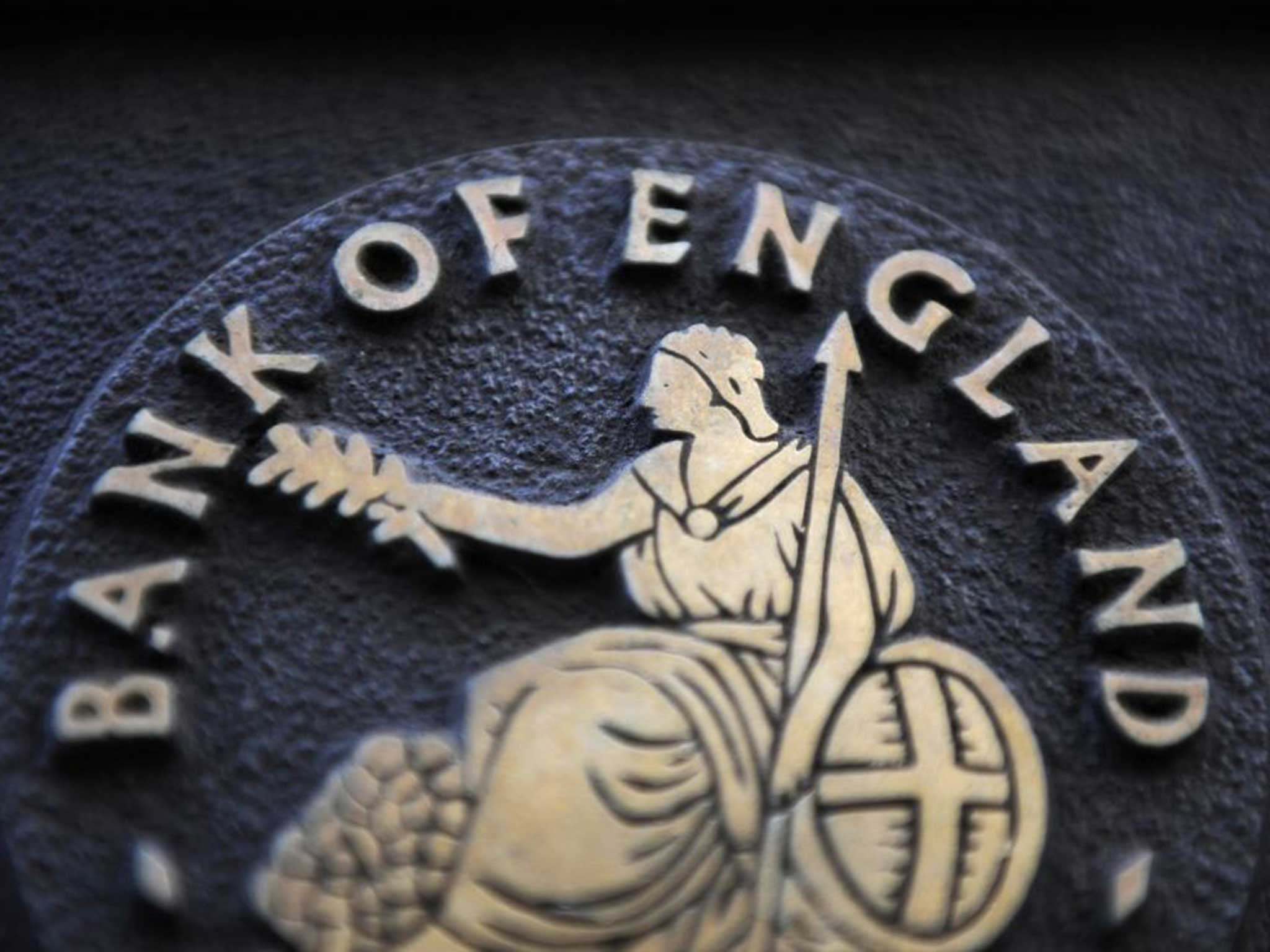Bank of England rates: Ian McCafferty sees ‘turning point’ on wages as he calls for hike
McCafferty is one of two rate-setters on the nine-strong Monetary Policy Committee who are voting to hike borrowing costs

Bank of England hawk Ian McCafferty has said interest rates need to rise “sooner rather than later” as the UK economy reaches a potential “turning point” on wages.
McCafferty — one of two rate-setters on the nine-strong Monetary Policy Committee who are voting to hike borrowing costs — also warned that there may not be as much slack left in the jobs market as the Bank’s central case suggests, putting earlier pressure on wages.
He insisted the Bank’s guidance of “limited and gradual” rate rises to reassure consumers and businesses “is more likely to be delivered if we start sooner rather than later”.
The rate-setter also flagged a 1.6 per cent rise in average weekly earnings in the three months to September — above the headline inflation rate which stood at 1.2 per cent — which “may well be the turning point we have been waiting for”.
“Domestic pricing pressures may be less dormant than we think, and might surprise us faster than we expect,” he warned. Opponents say official figures on wages, which exclude the swollen ranks of the self-employed, understate the slack in the labour market.
McCafferty and colleague Martin Weale also say the MPC should look through the current low level of inflation, with plunging oil prices likely to send the Consumer Price Index below 1 per cent, possibly as soon as this month.
His speech came amid better news on the UK’s overall trade deficit, which narrowed to a seven-month low of £2 billion in October from £2.8 billion the previous month.
The trade gap was largely slashed by oil, as the return of North Sea production capacity cut imports, while lower fuel prices also contributed to a lower import bill. This could be good news for UK growth in the final three months of this year despite a shock decline for manufacturers in October.
But stripping out the oil effect and a surge in “erratic” exports such as silver, the underlying trade picture is gloomier. Berenberg chief economist Rob Wood said there was “little sign of life in exports yet”.
Subscribe to Independent Premium to bookmark this article
Want to bookmark your favourite articles and stories to read or reference later? Start your Independent Premium subscription today.

Join our commenting forum
Join thought-provoking conversations, follow other Independent readers and see their replies